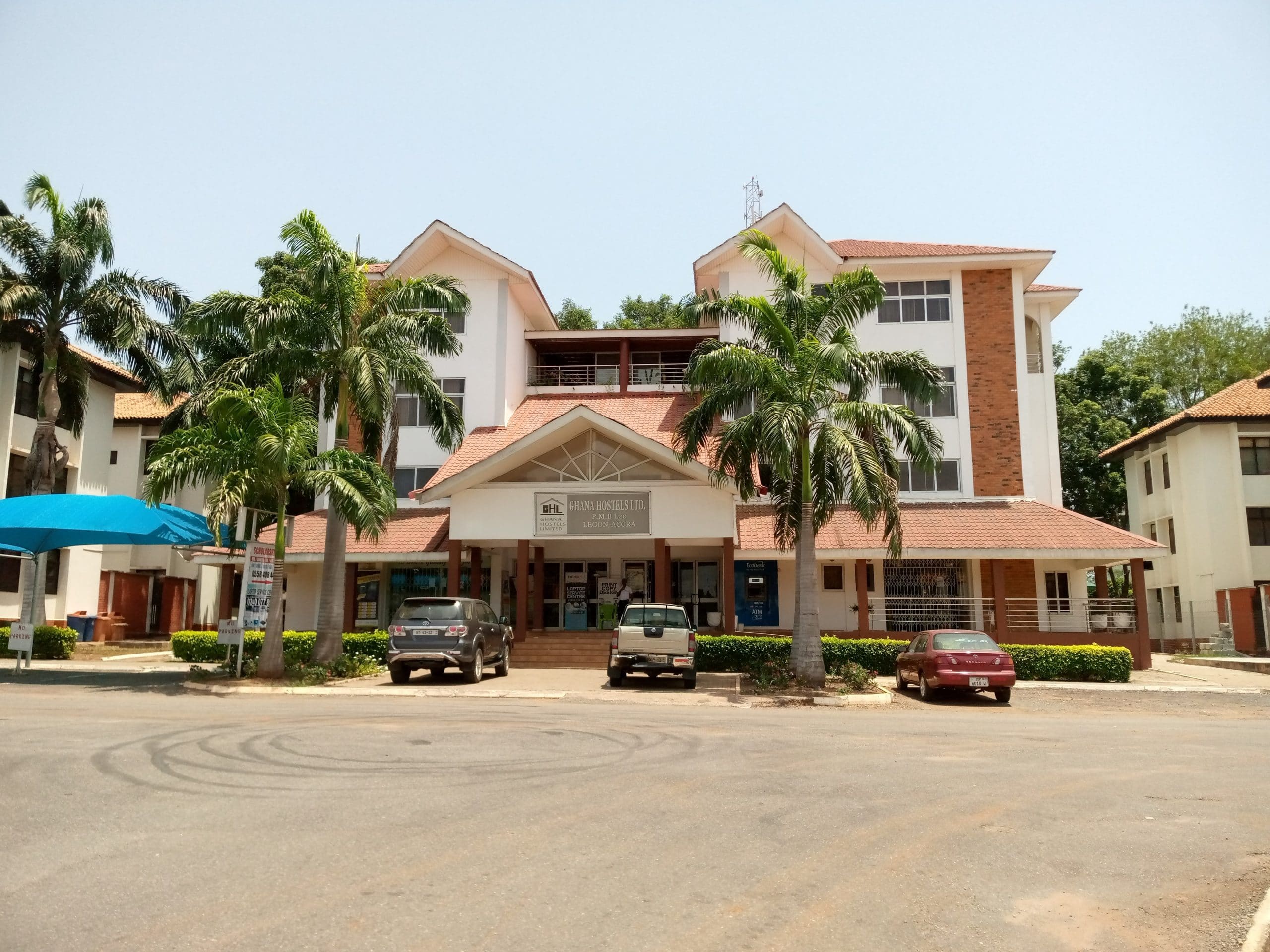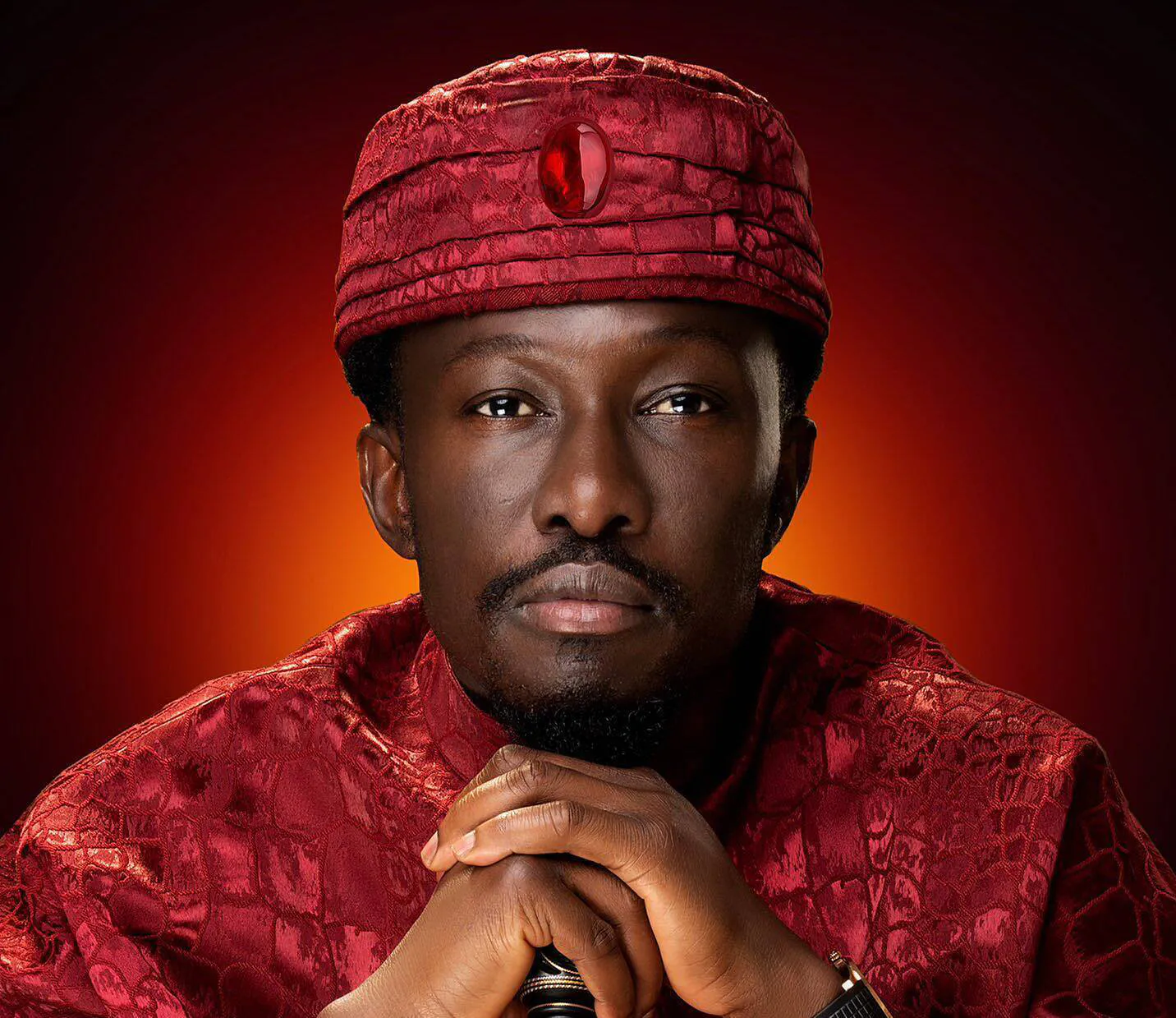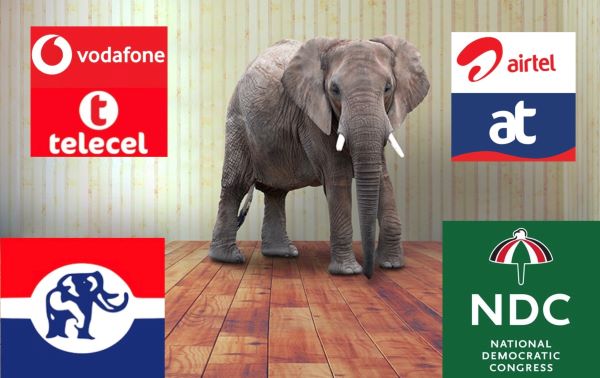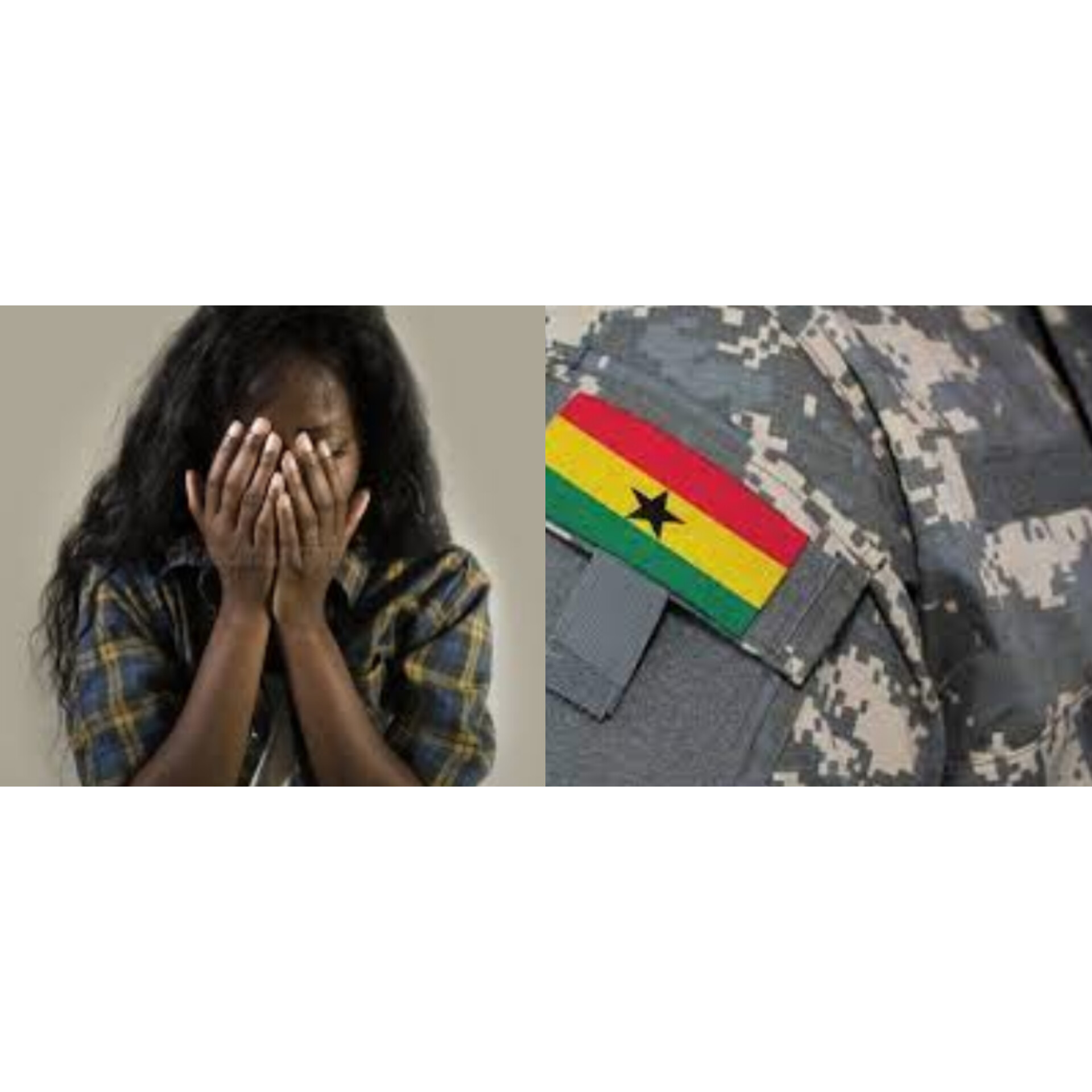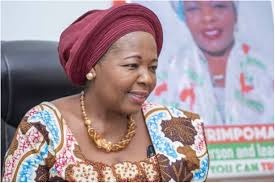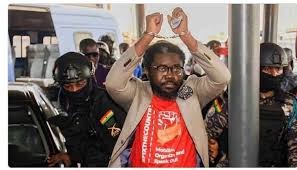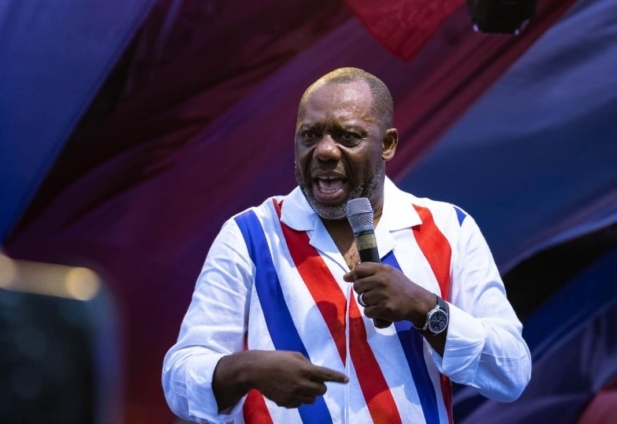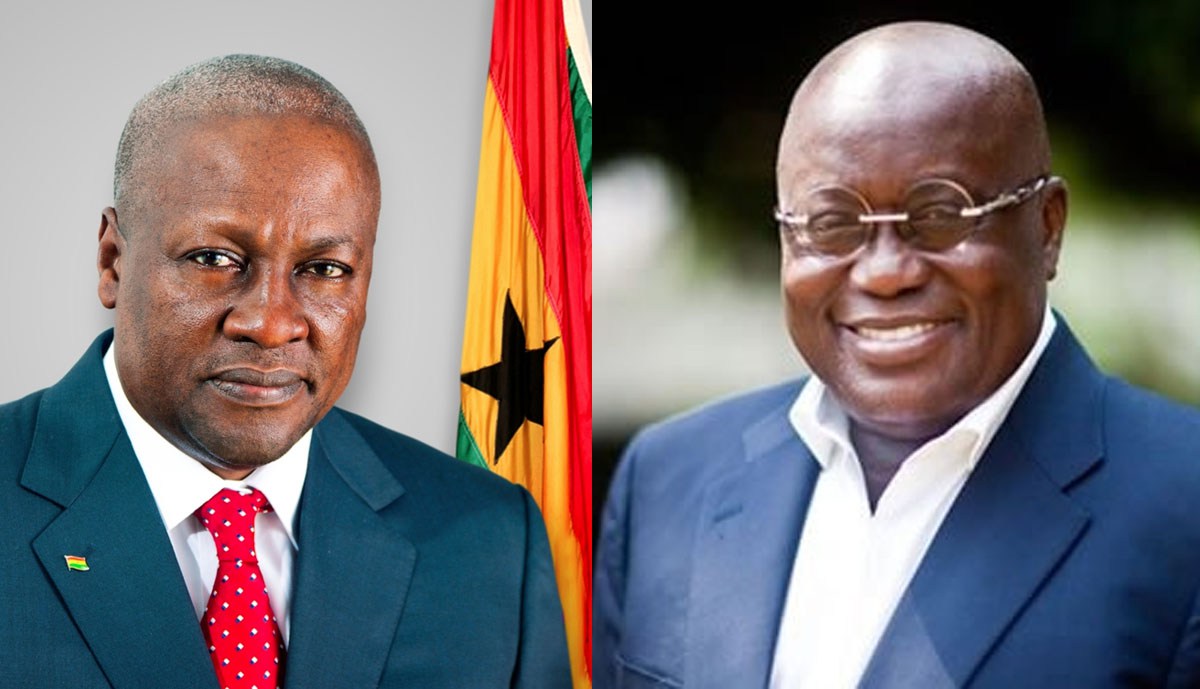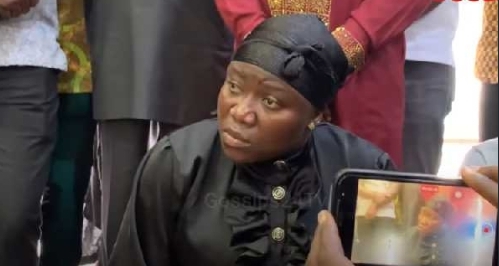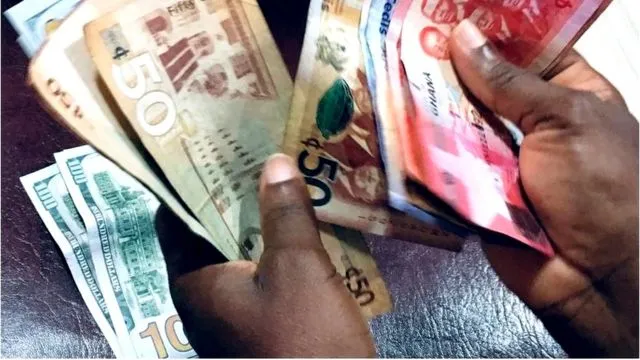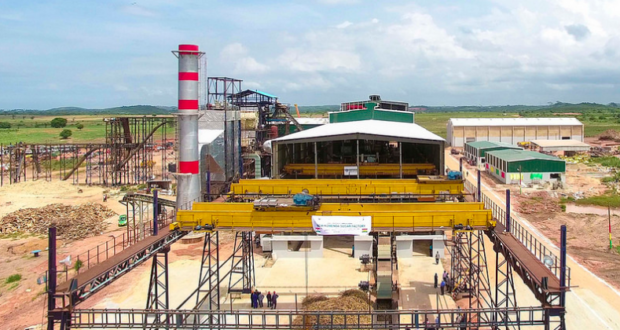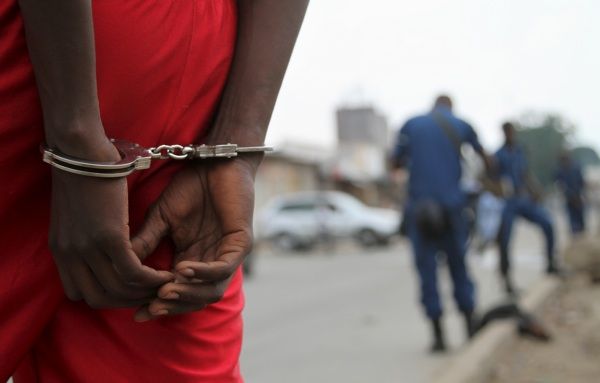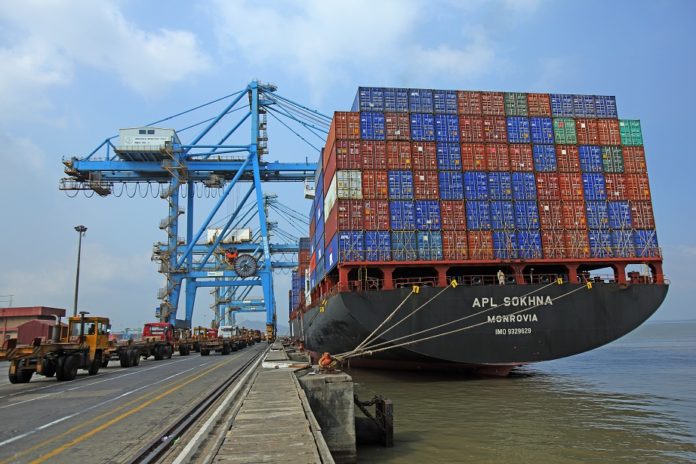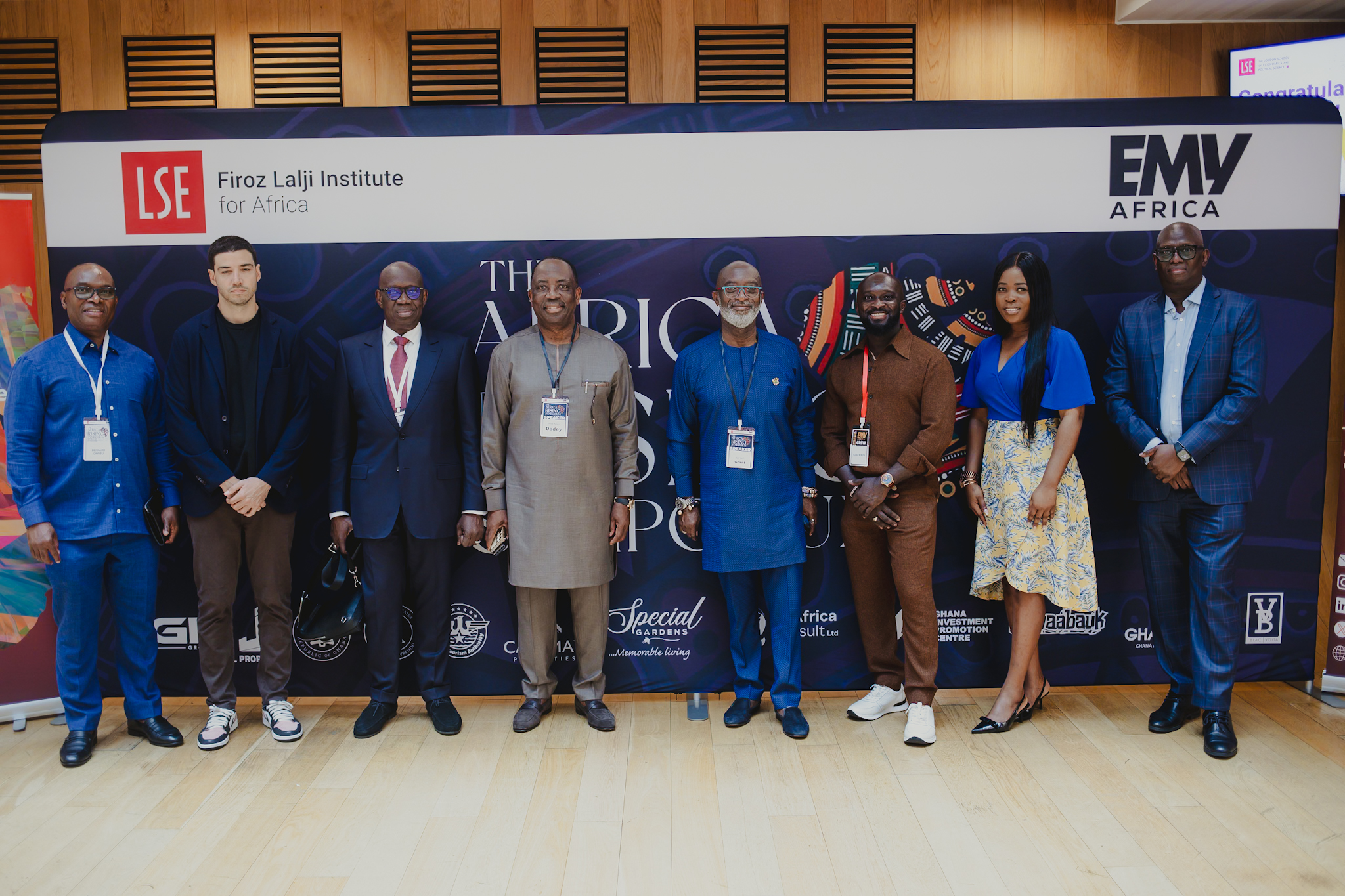African countries that have passed anti-gay law
Several countries have implemented or proposed anti-gay legislation, which criminalises or severely restricts the rights of LGBTQ+ individuals.
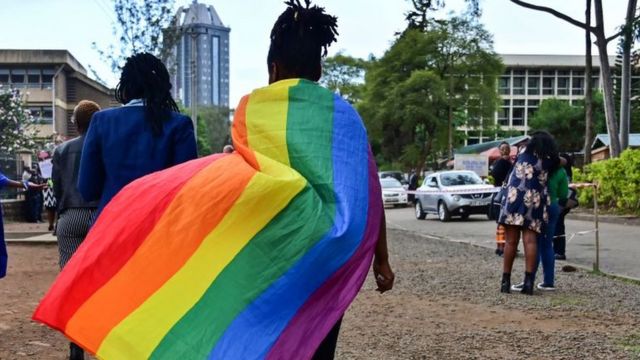

Several countries have implemented or proposed anti-gay legislation, which criminalises or severely restricts the rights of LGBTQ+ individuals.
These laws vary in severity, ranging from restrictions on LGBTQ+ expression to criminal penalties, including imprisonment or even the death penalty. Here are some examples:
1. Uganda
- Anti-Homosexuality Act: Uganda passed its Anti-Homosexuality Act in 2014, which initially included a death penalty provision for "aggravated homosexuality" (though this was later replaced with life imprisonment).
The bill sparked international outrage and was eventually annulled by the Constitutional Court due to a technicality. However, in 2023, Uganda's parliament passed another anti-gay bill, introducing harsh penalties, including life imprisonment and significant fines for those engaging in same-sex relationships or advocating for LGBTQ+ rights.
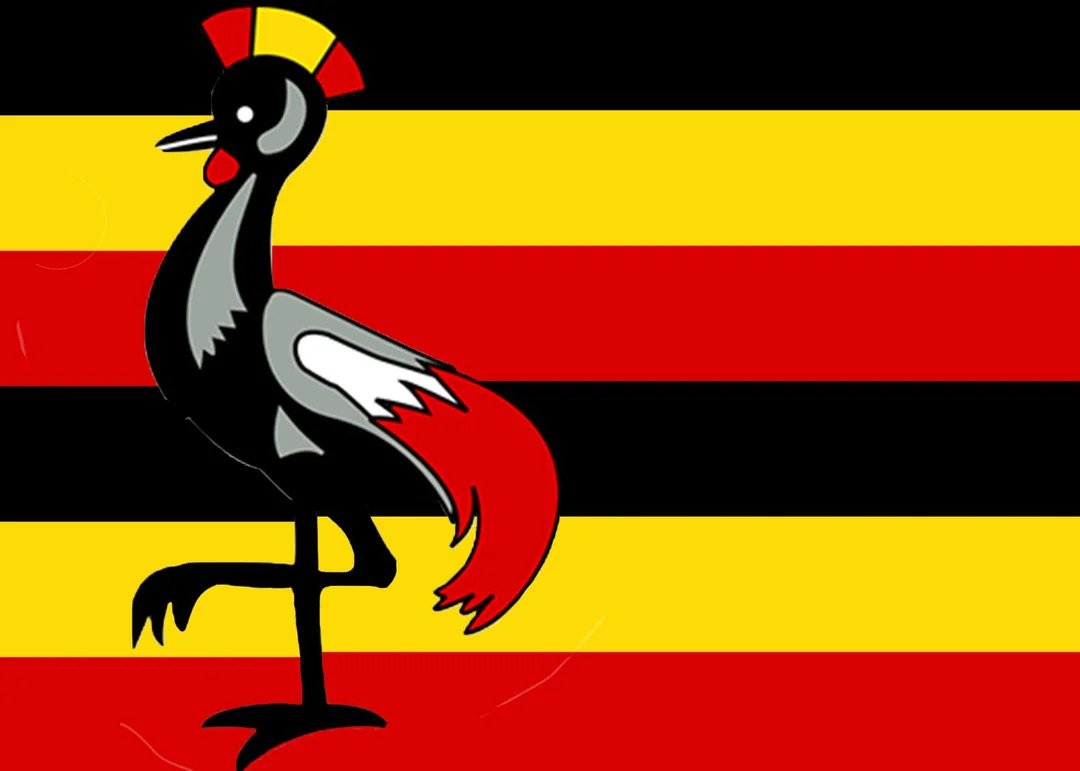
2. Nigeria
- Same-Sex Marriage (Prohibition) Act: Enacted in 2014, this law criminalizes same-sex relationships and makes it illegal to form or join LGBTQ+ organizations.
It prescribes up to 14 years in prison for individuals who enter into same-sex marriages or civil unions and up to 10 years for anyone who supports or advocates for LGBTQ+ rights.
7. Tanzania
- Anti-Gay Crackdown: While Tanzania does not have a specific law titled an "anti-gay bill," it enforces laws that criminalise same-sex sexual activity. In recent years, the government has increased crackdowns on LGBTQ+ individuals, including raids and arrests.
10. Egypt
- Moral Laws: Although Egypt does not have a specific law criminalising homosexuality, LGBTQ+ individuals are frequently prosecuted under laws against "debauchery" and "public morality."
The government conducts raids and arrests to target LGBTQ+ people, leading to widespread persecution.
![Cairo, Egypt [TouristEgypt]](https://ocdn.eu/pulscms/MDA_/e27d2befb71eca67255674eb1f644670.jpeg)
These laws have faced significant criticism from human rights organisations and the international community for violating basic human rights and perpetuating discrimination and violence against LGBTQ+ individuals.
Despite global advocacy efforts, many countries continue to enforce or propose such legislation, reflecting deep-seated cultural, religious, and political attitudes.
What's Your Reaction?
















